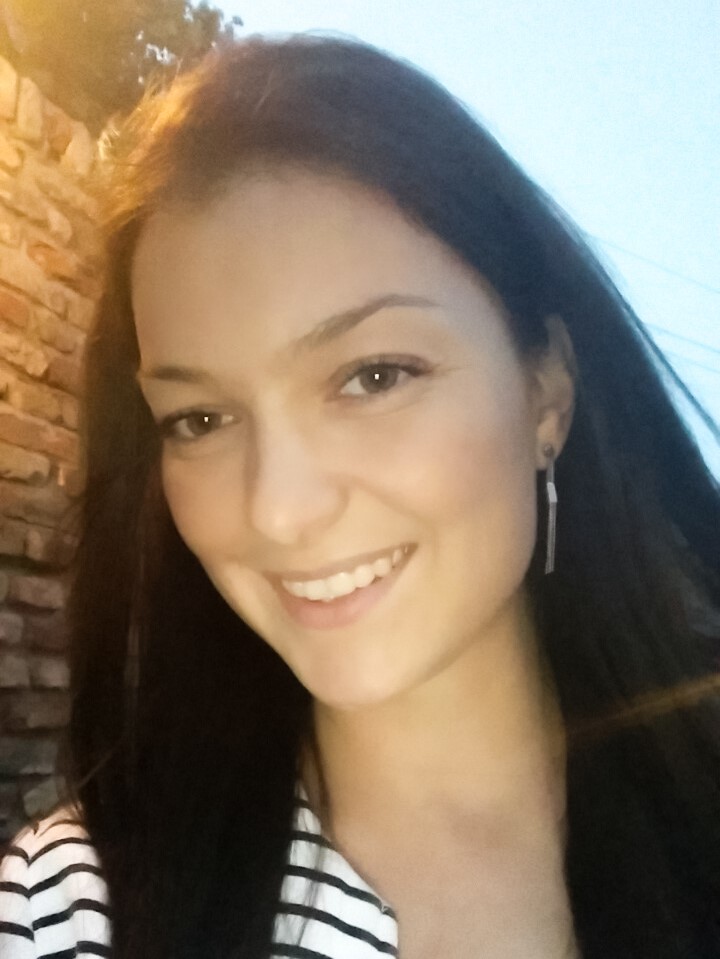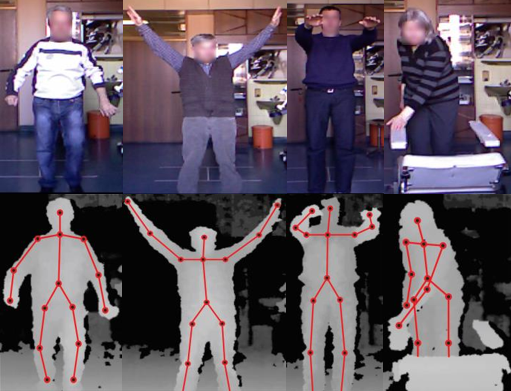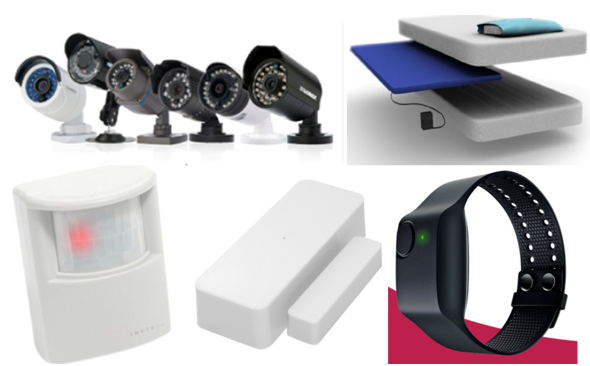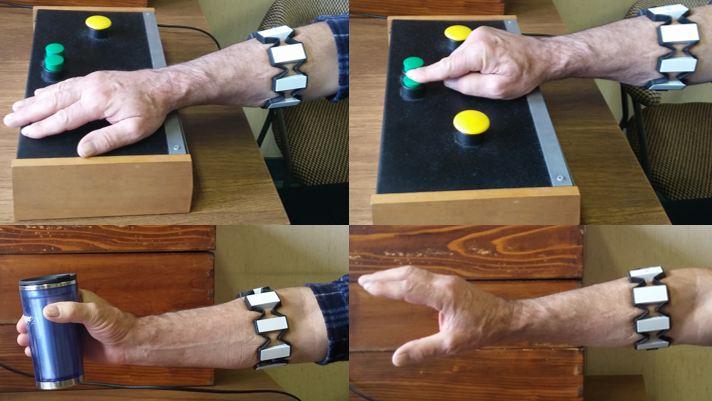
Sofija Spasojević is a researcher in the field of Signal Processing and Machine Learning. After obtaining her dual PhD with the University of Belgrade, Serbia, and Instituto Superior Técnico, Portugal, she now works as a Postdoctoral Fellow at the Toronto Rehabilitation Institute in Canada.
I’ve recently had a chance to chat with Sofija about her journey as a girl scientist, which I’m very pleased to share with you.
When and why did you decide you would be a scientist?
I got interested in research during my Master’s studies in System Control and Signal Processing. So as soon as I got my Master’s degree, I enrolled in a PhD program.
What projects are you working on?
I’m mainly working on the analysis of the sensor data collected from the patients with neurological disorders. We try to draw conclusions about their condition by using sensors and machine learning models. Currently, we work on predicting episodes of agitation and aggression in people living with dementia. Previously, I also worked on objective movement evaluation of Parkinson patients and patients recovering from a stroke.
What do you like about your work?
I like it a lot because it’s multidisciplinary research. It allows me to apply technical knowledge in clinical practice, and it has a high impact on the society. By using the sensors, we try to improve the quality of life of the patients and support medical doctors to have a better evaluation of their condition. It’s really nice to learn something new in this area and see its very important application.

Gait and upper-body movement analysis using vision-based sensor in Parkinson’s disease 
Multi-modal sensor system for agitation prediction in people living with dementia 
Hand movement analysis using wearable sensor in Parkinson’s disease
Photos courtesy of S. Spasojević
What has been your biggest challenge working in your field?
One challenge is that patients are sometimes not available, and we have to recruit new patients who are a representative sample for the study. Also, there can be technical problems with the sensors.
The other problem is that we often deal with big data sets (in a study I’m currently working on, we collect sensor data from morning to evening in a natural scenario), some data can be imbalanced or not fully labeled. All this is quite challenging for machine learning analysis.
What is your biggest aspiration/dream to achieve in your work?
I would like to have the sensor systems installed in patients’ homes, so that we can monitor their performance and get real time feedback. That would reduce the costs associated with bringing patients to hospitals and would also reduce the workload for doctors and nurses.
Do you have a role model in science?
I’ve always admired the work of the inventor and engineer Nikola Tesla and the physicist Mihajlo Pupin. Both were of Serbian origin and worked in the US.
What books did you like most when you were a kid?
I really liked reading books where kids had a lot of adventures, as well as many children’s books by Serbian authors.
What would you advise to little girls who wish to become scientists?
I would advise them to pursue the type of work that they like and give their best in achieving their goals. They shouldn’t give up when there are challenges and need to stay persistent and patient, because results in research can’t be achieved very fast.
More information on Sofija’s professional background can be found on her LinkedIn page.

